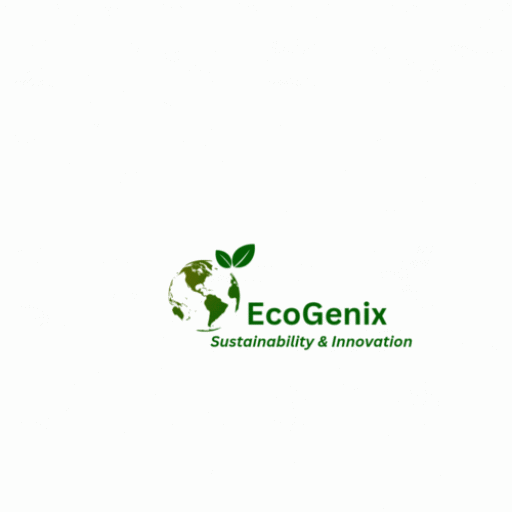Introduction
In the pursuit of sustainability, agriculture is not just about cultivating crops but fostering a holistic ecosystem that encompasses social and economic dimensions. This module embarks on an exploration of the intricate tapestry woven by the social and economic aspects of agriculture, delving into issues of equity, fair labor practices, and community engagement. Beyond the fields and harvests, a just and inclusive food system emerges as the focal point, ensuring the well-being of farming communities and prioritizing the social and economic sustainability of agriculture.
Sustainability Beyond the Soil: A Holistic Vision
At its core, this module recognizes that sustainability in agriculture extends far beyond the soil and crops. The exploration begins with the understanding that a holistic vision of agriculture must encompass the social and economic dimensions. By embracing this broader perspective, farming communities become not just producers but active contributors to a thriving and equitable agricultural ecosystem.
Equity in Agriculture: Nurturing Fairness Across the Landscape
One of the key dimensions explored in this module is the concept of equity in agriculture. The exploration delves into the importance of fair access to resources, opportunities, and benefits for all members of the farming community. By promoting equity, agriculture becomes a catalyst for social justice, ensuring that the benefits of farming are shared inclusively.
Fair Labor Practices: Cultivating Dignity in the Fields
The module places a spotlight on the crucial issue of fair labor practices in agriculture. By exploring the challenges faced by farmworkers and advocating for fair wages, reasonable working hours, and safe working conditions, the module underscores the importance of cultivating dignity in the fields. Fair labor practices not only benefit farmworkers but also contribute to the overall social sustainability of agriculture.
Community Engagement: Cultivating Connections Beyond the Fields
Beyond the individual farmer, the exploration extends to the broader concept of community engagement. This module sheds light on how farmers, as integral members of communities, can engage with local residents, businesses, and organizations. Through community collaboration, agriculture becomes a unifying force, fostering a sense of belonging and shared responsibility for the well-being of the entire community.
The Well-Being of Farming Communities: A Priority in Sustainable Agriculture
At the heart of the module lies a commitment to prioritizing the well-being of farming communities. The exploration unfolds as a journey into understanding the unique challenges faced by farmers and proposing solutions that not only sustain agricultural productivity but also enhance the quality of life for those who dedicate their lives to cultivation.
Holistic Food Systems: Beyond Production to Consumption
The exploration of social and economic dimensions extends to the concept of holistic food systems. By considering the entire journey from production to consumption, the module advocates for practices that ensure not only the sustainability of agriculture but also the availability of nutritious and affordable food for communities. This holistic approach encompasses food distribution, access, and affordability.
Education and Advocacy: Empowering Agricultural Communities
Central to the module is the role of education and advocacy in empowering agricultural communities. The module serves as a catalyst for change, encouraging farmers to be advocates for fair practices, equity, and community engagement. By disseminating knowledge about the social and economic dimensions of agriculture, the module empowers farmers to become active participants in shaping a just and inclusive food system.
Conclusion: Nurturing a Flourishing Agricultural Ecosystem
As the exploration of the social and economic dimensions of agriculture concludes, the module stands as a testament to the potential of cultivating a flourishing agricultural ecosystem. By prioritizing equity, fair labor practices, and community engagement, agriculture becomes not just a means of production but a cornerstone of societal well-being. This holistic vision paves the way for a future where farming communities thrive, and the fruits of agriculture are shared equitably among all those who contribute to the bountiful harvest.
Enrol today!!
Article by:
Dr Wayne Tota
